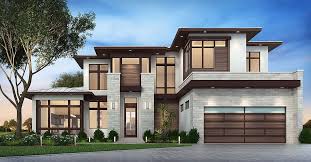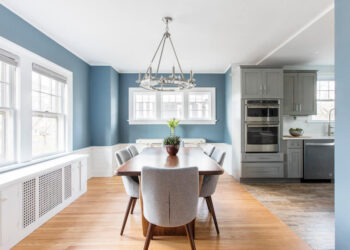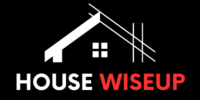In today’s rapidly advancing world, technology has become an integral part of our daily lives, transforming the way we live, work, and interact with our environments. This evolution is particularly evident in the realm of architecture and home design, where innovative technologies are reshaping the concept of modern living spaces. Modern house plans with technology integration represent a fusion of cutting-edge design principles with practical solutions aimed at enhancing comfort, convenience, and sustainability.
Smart Home Integration
Central to the concept of modern house plans is the integration of smart home technology. Smart homes utilize interconnected devices and systems that can be remotely controlled via smartphones or voice commands. From lighting and heating systems to security cameras and appliances, smart home technology allows homeowners to automate and monitor their living spaces with ease. For instance, programmable thermostats can optimize energy usage based on occupancy patterns, while smart lighting systems adjust brightness and color temperature to suit different activities and times of day.

Sustainable Design Features for Modern House Plans
Another hallmark of modern house plans is their emphasis on sustainability and energy efficiency. Technologies such as solar panels, energy-efficient appliances, and advanced insulation materials help reduce the environmental footprint of homes while lowering utility bills. Additionally, smart water management systems can monitor usage and detect leaks, contributing to water conservation efforts.
Integration of Renewable Energy Sources
Many modern house plans incorporate renewable energy sources such as solar panels or wind turbines into their design. These technologies not only provide homeowners with clean, renewable energy but also reduce reliance on traditional power grids. Battery storage systems further enhance energy independence by storing excess energy generated during peak production periods for use during times of high demand or low sunlight.
Seamless Indoor-Outdoor Connectivity
Modern house plans often prioritize seamless indoor-outdoor connectivity, blurring the boundaries between interior and exterior spaces. Large, retractable glass doors and windows create a sense of openness and allow natural light to flood the living areas. Outdoor living spaces equipped with heating elements or cooling systems extend the usability of these areas throughout the year, offering residents opportunities to enjoy nature without sacrificing comfort.
Enhanced Security and Privacy Features
Technological advancements have also bolstered security and privacy features in modern house plans. Integrated surveillance systems with motion sensors and facial recognition software provide homeowners with real-time monitoring and alerts, enhancing overall safety. Smart locks and biometric access systems offer secure, keyless entry options while maintaining convenience and peace of mind.
Flexibility and Adaptability
Flexibility and adaptability are key characteristics of modern house plans, allowing for customization to meet the changing needs of homeowners. Modular construction techniques and prefabricated elements enable rapid assembly and modifications, facilitating efficient use of resources and reducing construction waste. Additionally, adaptable floor plans and multi-functional spaces accommodate evolving lifestyles, such as remote workspaces or guest accommodations.
Advanced Automation and Connectivity
At the heart of modern house plans lies advanced automation and connectivity. Smart home systems orchestrate everything from lighting and temperature control to entertainment systems and security features. Homeowners can manage these systems remotely through smartphones or voice commands, ensuring optimal comfort and convenience at all times. For example, automated blinds can adjust based on sunlight levels to optimize natural light while minimizing energy consumption, showcasing the marriage of luxury and efficiency.
Sustainable Building Materials and Energy Efficiency
Today’s architects prioritize sustainability in their designs, incorporating eco-friendly building materials and energy-efficient technologies. From recycled materials and sustainable woods to energy-efficient appliances and HVAC systems, modern houses aim to minimize environmental impact while maximizing resource efficiency. Passive solar design principles are often employed to optimize natural heating and cooling, reducing reliance on mechanical systems and further lowering energy costs.
Conclusion
Modern house plans with technology integration exemplify the synergy between architectural innovation and technological advancement. By harnessing the power of smart home systems, sustainable design features, renewable energy sources, and enhanced security measures, these homes not only enhance daily living experiences but also contribute to a more sustainable future. As technology continues to evolve, so too will the possibilities for creating smarter, more efficient, and more comfortable homes that meet the needs of today’s homeowners and the challenges of tomorrow’s world.







